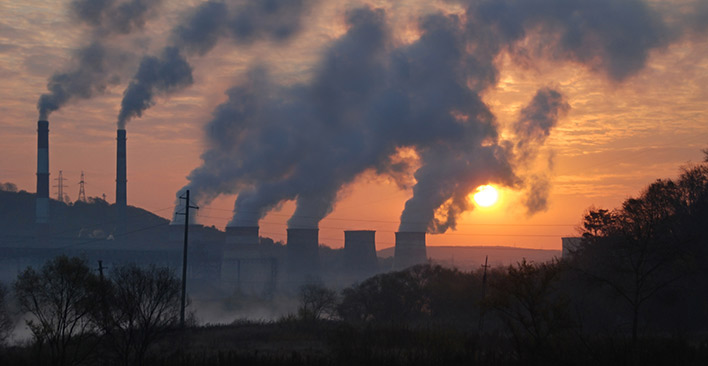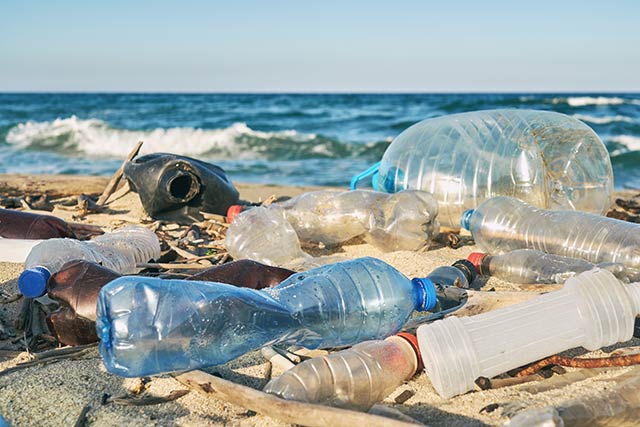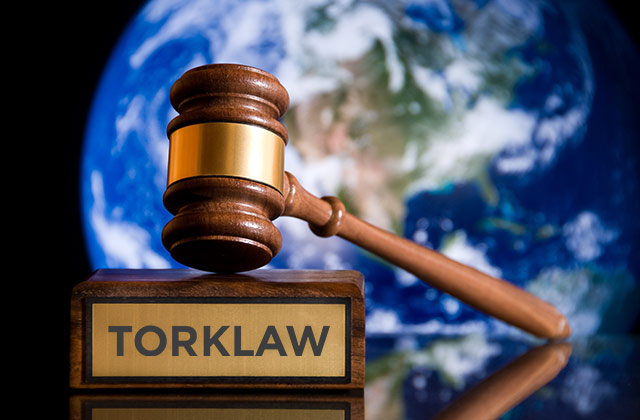If Mother Earth could hire a personal injury attorney, she would undoubtedly sue us all.
Damages would include skyrocketing medical expenses for those sickened by air pollution, and loss of consortium for endangered species. She could also recover loss of earning capacity for the ways global warming impacts productivity, as well as injury damages for land destroyed by deforestation.
We have all been negligent in ways that have harmed our planet. This Earth Day, we’d like to suggest some ways we can all help the environment recover from the damage we’ve done – not just on April 22, but every day.
Air Pollution
Air pollution is the most dangerous threat to our environment, to public health, and to the global economy, according to the World Economic Forum.
The Environmental Performance Index produced by Yale and Columbia University researchers, ranked 180 countries across ten issue categories centered on environmental health and ecosystem vitality. The United States ranked 27th. We are doing well on sanitation and air quality, but very poorly in deforestation and greenhouse gas issues.

The Environmental Protection Agency lists the primary sources of greenhouse gas in the U.S. as:
- Transportation – Cars, trucks, ships, trains and planes.
- Electricity production and industry burning fossil fuels like coal and gas. In the United States alone, as many as 52,000 people die each year due to emissions from power plants like American Electric Power, Duke Energy and Southern Company.
- Commercial and residential emissions from burning fuel for heat, use of environmentally unfriendly products, and waste.
- Agriculture – livestock such as cows.
Other Environmental Issues
Plastic in our oceans. Every year 9 million tons of plastic washes into the ocean, endangering ocean life and the people who depend on it as a primary food source.
Rising sea levels. The three to six days of flooding each year that we see now will only worsen, according to the National Oceanic and Atmospheric Administration (NOAA), to hundreds of days of high-tide flooding per year by 2040.
This is a direct result of global warming, which is worsened by air pollution and greenhouse gas emissions. As ice sheets melt in our increasingly hot climate, oceans expand, and sea levels rise.
A one-foot rise in sea level will make what is a minor flood today into a major destructive flood in the future, and scientists say sea levels are on track to rise more than two feet by 2100. Cornell University estimates that by that time, one-fifth of the world population will become climate refugees, displaced from their homes due to rising sea levels.
What Can We Do to Save Our Planet?

Use Less Gas
There are lots of ways to reduce your use of transportation options that use fossil fuels, such as:
- Walk or bike to local destinations whenever possible – it’s good exercise, too!
- Use public transportation more often.
- Car pool.
- Invest in a low-emission vehicle, like an electric or hybrid car, or a motorcycle.
- Maintain your existing car to make sure it’s running as efficiently as possible.
Eat less meat
The average American consumes roughly 54 pounds of beef, 46 pounds of pork and 83 pounds of chicken each year. And while meat and dairy provide only 18% of our calories and 37% of our protein, they use up 83% of our farmland.
All this livestock uses more resources and more land than an equal amount of any plant crop. Cutting down trees to produce grazing land, along with methane emissions from cows and fertilizer, creates a massive amount of greenhouse gas and pollutes our water supply.
If everyone ate just a little less meat, substituting one to two meat-based meals per week for plant-based proteins like beans and legumes, it could lower our country’s CO2 emissions significantly.

Be a conscious consumer, investor, citizen
Coal-burning power plants are the biggest carbon emitters in the nation. There are lots of ways we can reduce their impact.
- If you invest, choose green energy companies; don’t invest in companies that create or use massive amounts of coal, oil or gas.
- Vote for candidates who support green energy solutions.
- Consider installing solar panels at your home or business.
- Call your utility company for a free energy audit. They can tell you how you can save energy and reduce your energy bill.
- Buy local produce, to reduce the amount of transportation required to deliver your food.
- Better yet, grow your own food. Just don’t use toxic pesticides.
- Buy items with recycled content.
Stop throwing away plastic
In our throw-away society, we’ve become blind to how much non-biodegradable garbage we create. Here are some ways you can keep plastic items from working their way into the ocean:
- Don’t buy bottled water; use tap water, or filtered water, in a reusable bottle.
- Don’t use single-use plastic bags; bring your own reusable grocery bags to the market.
- Don’t use plastic straws or utensils. If you really like straws, buy reusable ones, or try a brand made from avocado pits.

Stop buying so much stuff!
Somehow, in the “reduce, reuse, recycle” mantra, our consumer-driven society has managed to avoid reducing. As a society, we’re getting better at recycling – but we’re recycling so much stuff, the recycling plants can’t keep up. We’re purchasing reusable grocery bags, water bottles, etc. – but in some ways, those are just more things to buy.
As individual consumers, the best thing we can do is to stop buying so much stuff! Let’s repair, reuse and repurpose what we have, or buy used items vs. new. Buy and throw away less food.
Definitely keep recycling and reusing, but buying less is a good way to save money, too.
If you are injured because of someone else’s carelessness, TorkLaw is here to help you recover. On this Earth Day, let’s all vow to care more about our environment and work together to help our planet recover.


